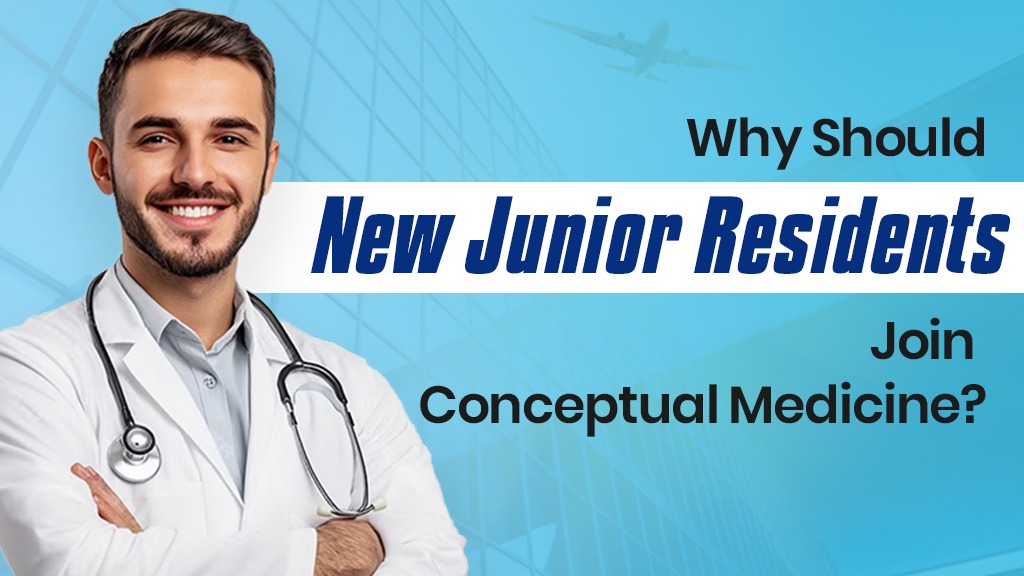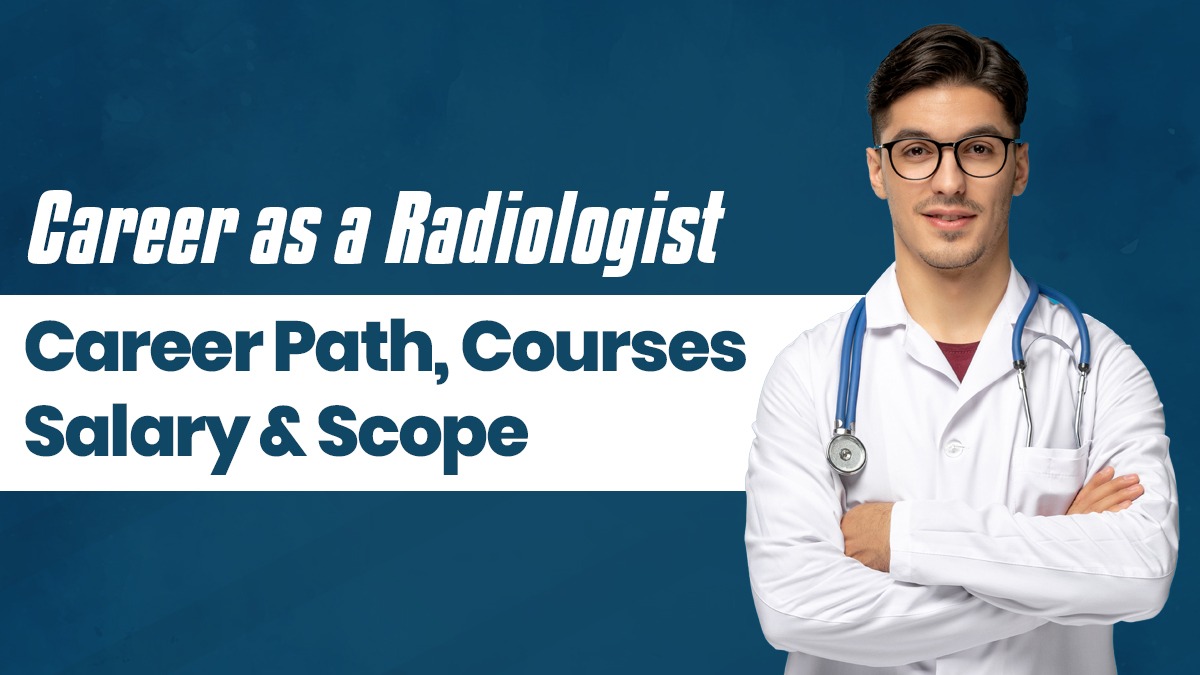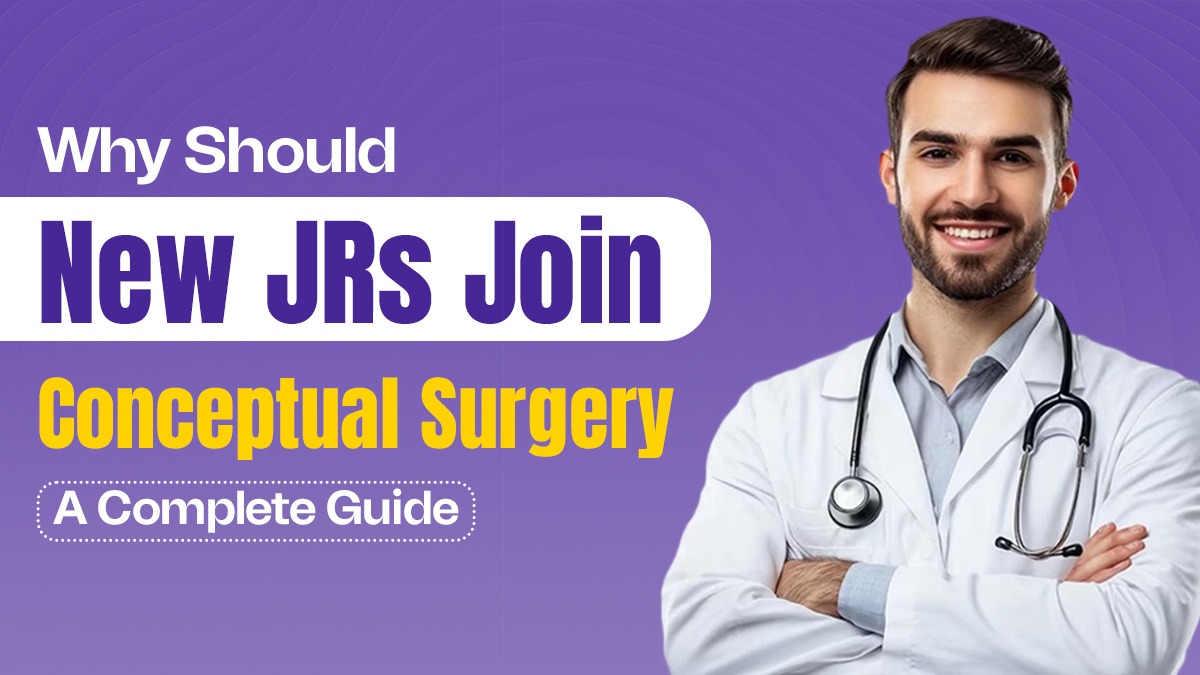Estimated reading time: 4 minutes
The process of passing your DNB OSCE practical exam is long and tedious, and one has to prepare smartly, practically involve oneself, and get guidance from the experts. These three days, of the DNB OSCE Course by Conceptual Orthopedics, aim to resolve various issues that orthopedics residents may face in their exams by providing them with pertinent knowledge, skills, and confidence.
We give a broad overview of the DNB OSCE Course, and what you will learn.
Why You Should Attend?
DNB OSCE practical examinations require not only theoretical cognition but also its application in numerous real-life clinical scenarios. So, this course should answer your doubts regarding examination preparation:
1. Concentration on Exam-Relevant Content
The course covers all subspecialties with emphasis on frequently asked topics such as Pediatric Orthopedics, Trauma, and Tumors. Each topic is very meticulously selected based on its significance number of times repeated in past exams and its importance in clinical practice.
2. Learning from Legends
You will get a very rare opportunity to meet face-to-face with some of the most reputable names in orthopedics, including but not limited to
- Prof. Dr S.M. Tuli,
- Prof Dr. Sudhir Kumar,
- Dr. Anil Dhal,
- Dr. Apurv Mehra,
- And many others.
All these faculty members bring with them a vast store of experience and an in-depth understanding of the DNB OSCE exam, thus providing you with the best possible guidance.
3. Simulations of the Examination
The course has mock OSCE examinations, clinical case discussions, and viva voices that consider many parameters to allow the candidate to understand the very specifics of the examinations. This real-time practical approach will help you understand the nature of the exam and gauge your time effectively, thus escalating your confidence to perform under pressure.
4. Exclusive Resources
All participants have access to a complimentary OSCE book written by the Conceptual Orthopedics faculty. The content of this book includes the following:
- Previously asked questions
- High-yield topics
- Mock OSCE stations
Excellent material to consolidate your learning and clarify your preparations.
How This Course Will Benefit You?
The DNB OSCE is all about a solid foundation for the career of a possible orthopedist, and this is the way it is meant to help you:
- Confidence Builder: By actually practising under examination-like conditions with feedback from experts, you’ll go towards your examination feeling quite confident.
- An Organized Approach: Learn to answer OSCE questions within 4 minutes, focusing on the key points that matter most.
- Time Management: Discover proven strategies for clinical stations and viva sessions.
- Know Your Marks: With tips and tricks unique to the illustrious teachers, you will know precisely how to increase your marks.
What You Will Learn?
Comprehensive Coverage of Subspecialties
This course aims to cover all important areas including:
- Pediatric Orthopedics,
- Trauma,
- Tumors,
- Arthroscopy, Spine, Joint Replacement, etc.
Every session has its focus on applying concepts to find their relevancy in exams.
Answering Strategies for OSCE
Learn how to write accurate and succinct answers:
- Recognizing the key terms and points in each question,
- Structuring your answers for brevity and clarity,
- Applying theoretical knowledge to a more practical setting.
Clinical Case Discussions
Step into clinical cases for some room experience. They include ward rounds and table viva sessions. Such cases utilize exam conditions to help you to:
- Approach a clinical case methodically,
- Communicate clearly with examiners,
- Highlight key findings during discussions.
Mock OSCE Exams
This course will include exam OSCEs designed in the style of the real one. The participants will receive feedback about their performance with:
- Spotting pitfalls and how to avoid them,
- Suggestions on how to speed up while improving accuracy and confidence.
What Makes this Course Different?
Expert Guidance
- The faculty members carry an unparalleled level of experience and insight amounting to over 500 years combined.
Enhanced Curriculum
Student feedback has been utilized to update the course on the following:
- All techniques concerning time management.
- Newer writing strategies.
- All-too-often neglected topics additional focus.
Interactive Learning
The face-to-face sessions offer a chance to interact directly with the faculty, raise questions, and clarify doubts on a real-time basis.
Conclusion
The DNB OSCE Course is an opportunity to change the whole way you study and prepare for future exams. It will enhance your clinical and practical skills and build up your confidence for passing those exams and beyond.
Seize this chance—invest in your future, grow your skills, and bravely strive toward achieving all your orthopedic dreams. Enroll now to ensure your route to success!










